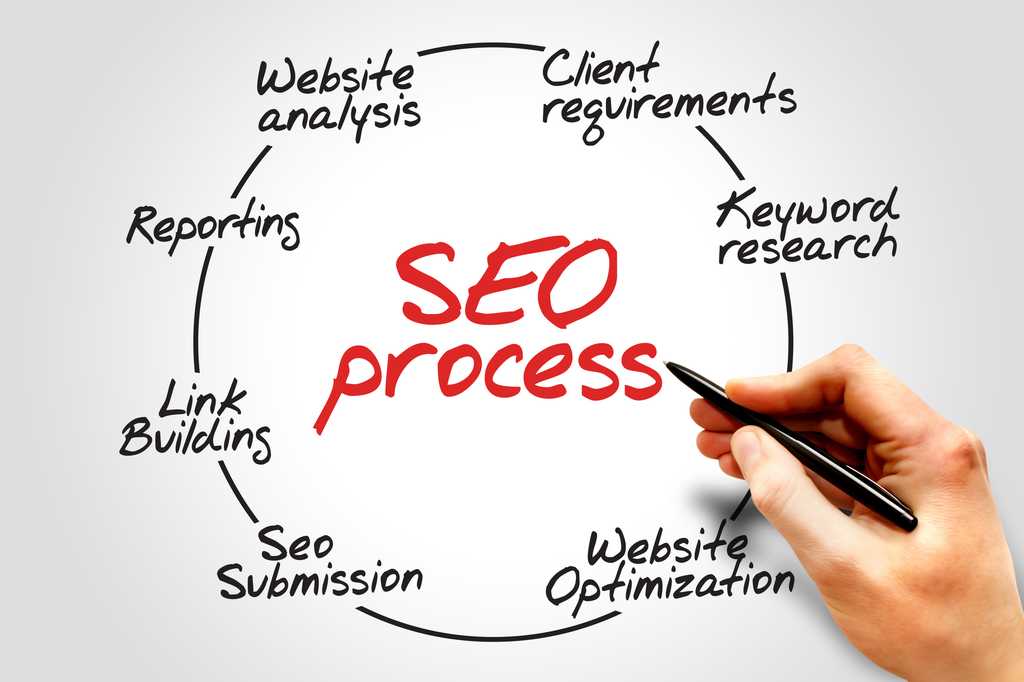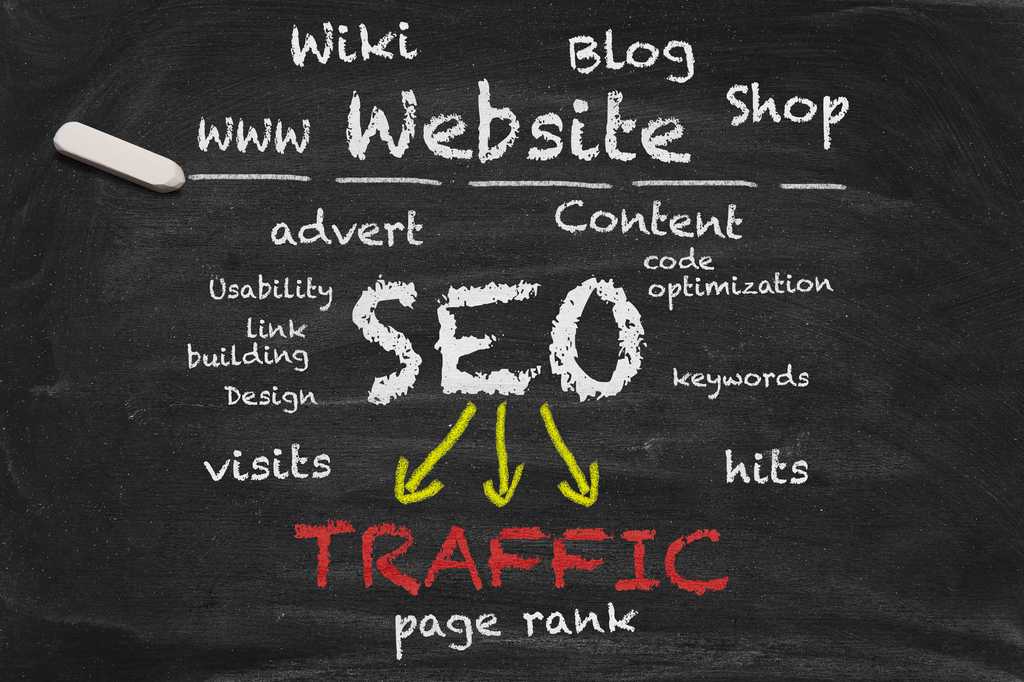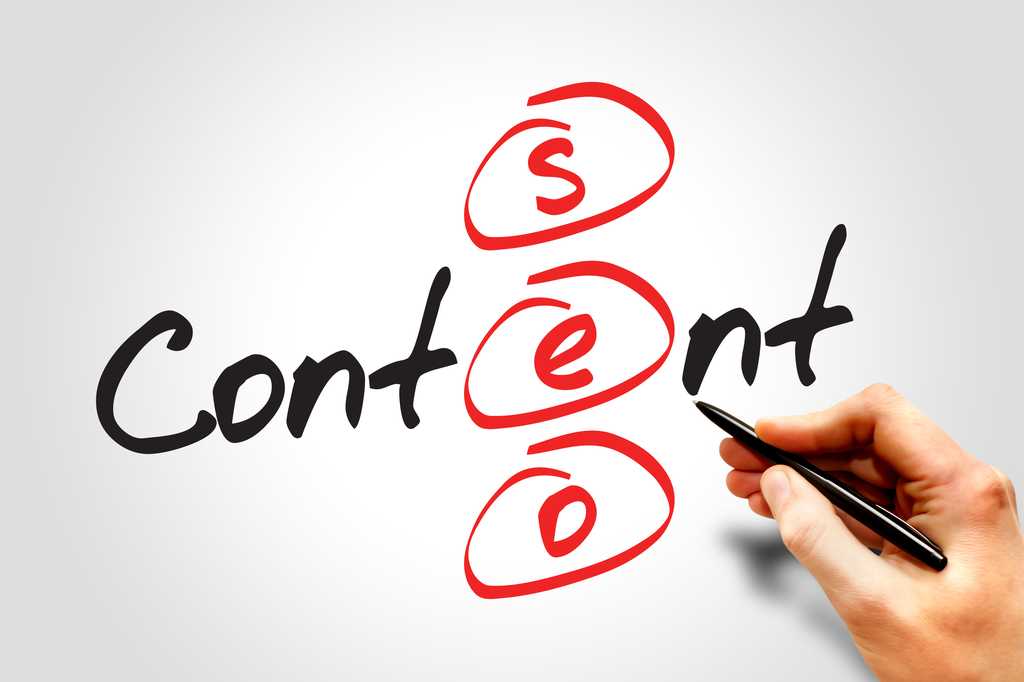

Search Engine Optimization (SEO) refers to methods and techniques that you can apply to a website to increase its traffic, page rank, and visibility in a search engine’s results page.
When a website is optimized, it has a greater chance of appearing in the search engine top results, which subsequently increases the traffic to this website.
A Website has No Real Value unless it gets visitors.
The optimization process includes many techniques and methods that are applied to the website itself or other sites that are related to the website content.

Understanding the SEO process requires learning about how the search process works, the search page layout, and the different search engines that are targeted in the process.
The process of optimizing web content started 20 years ago, when search engines began indexing websites’ content.
It was much simpler than today, where website owners submit their sites to search engines.
The search engines started and continue to use computer programs called web spiders or crawlers to crawl a website’s pages and index them based on the site’s niche and keywords.
Early SEO was as simple as adding meta tags, which are HTML codes that include information about a website.
Meta tags help search engines determine how the website content will be indexed using data such as the site’s title, description, and keywords.

With the launch of the Google search engine, the SEO process became more complex. It was developed to ensure better and more accurate indexing as well as identify the misuse of search engine optimization tactics such as keyword stuffing, which refers to including irrelative keywords in a web page to mislead the search engine crawlers.
SEO is a very challenging task. It’s not a simple matter of adding a few tags that contain the important keywords.
It is now an ART and SCIENCE, because it is applying creative techniques to a deep study of search engines and directories.
Each Year , Google announces new SEO techniques, rules and algorithms.
Now Google insists and focuses on using High Quality Content since this will allow users to spend more time browsing the website which leads to more page and click hits.

Auditing & Securing a Website can determine whether or not it’s optimized to achieve client’s goals, and if not, how it can be improved it to increase performance. Evaluating a site not only for its content but also for its technical performance.
Too many points are discussed during a full website auditing and below most of them:
- Is the website content High Quality & Optimized for search engine?
- Is the design Responsive or Adaptive?
- Is the website secured with SSL, error-free & Virus/Malicious code-free?
- Is the hosting speed/performance High enough?…